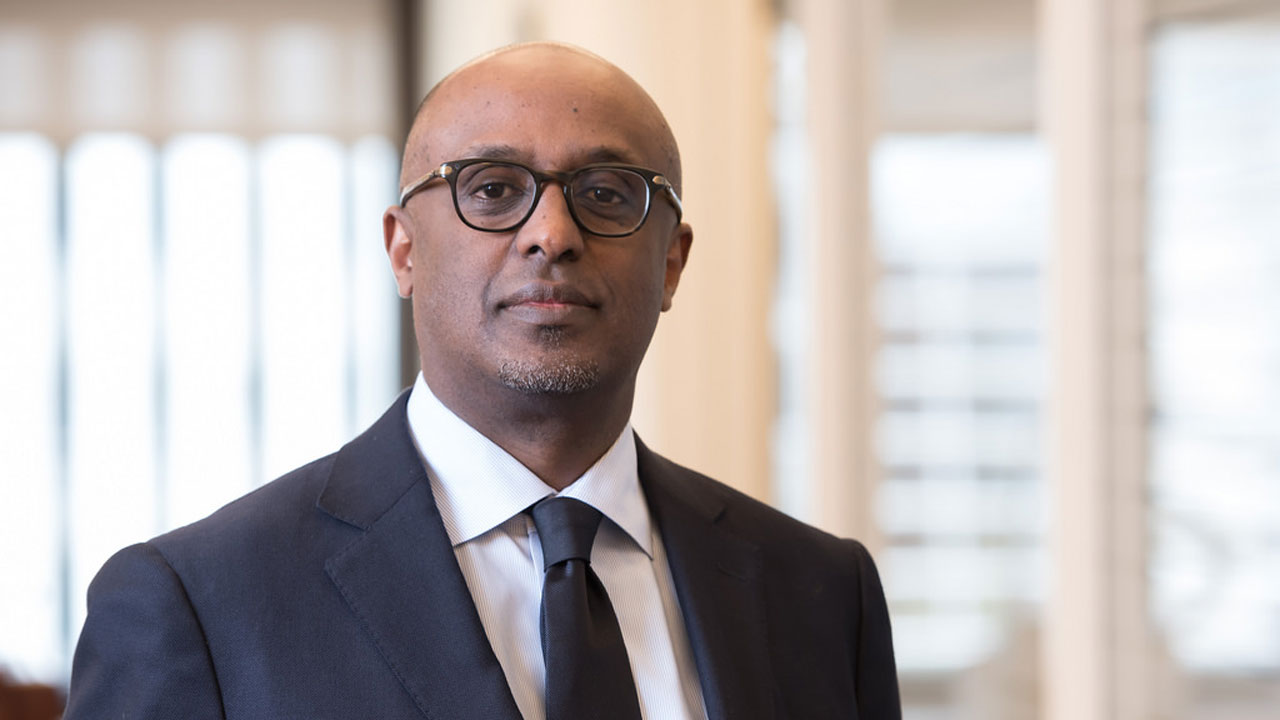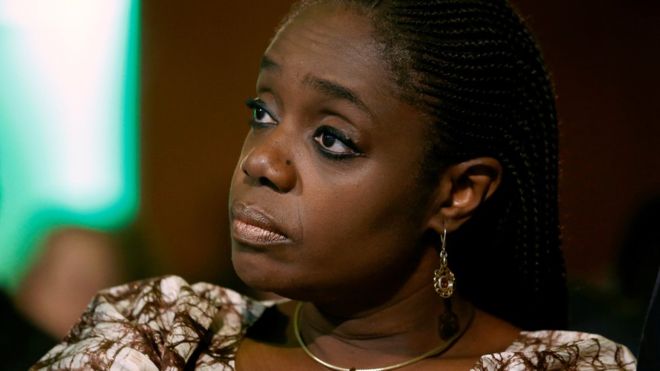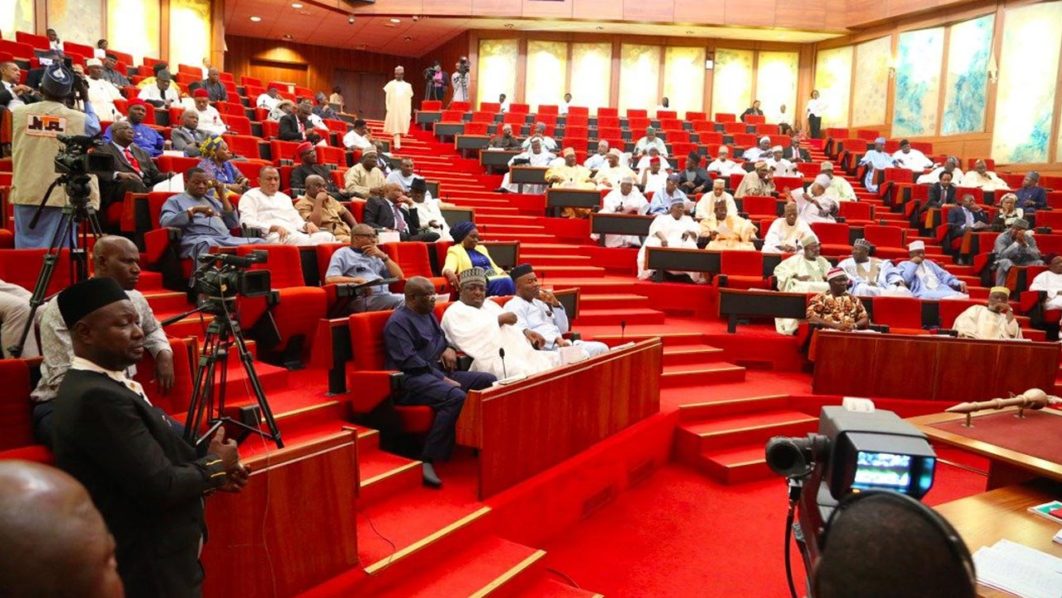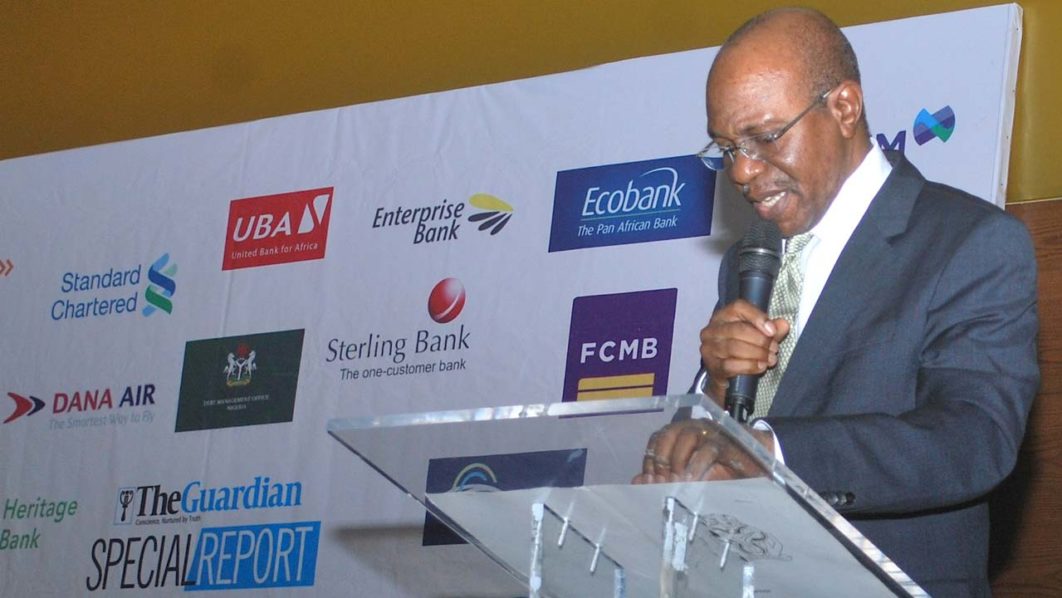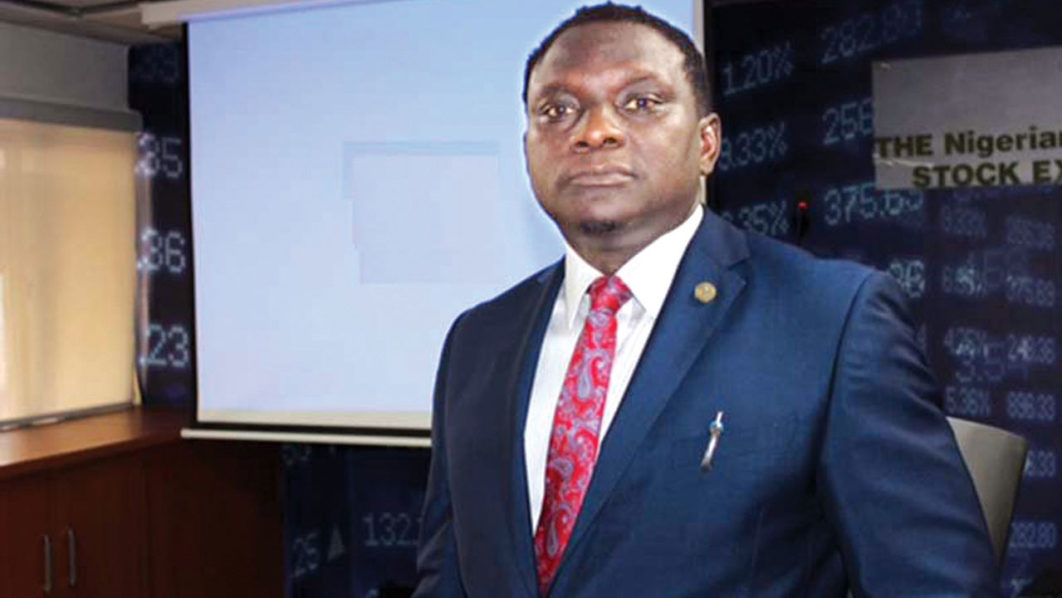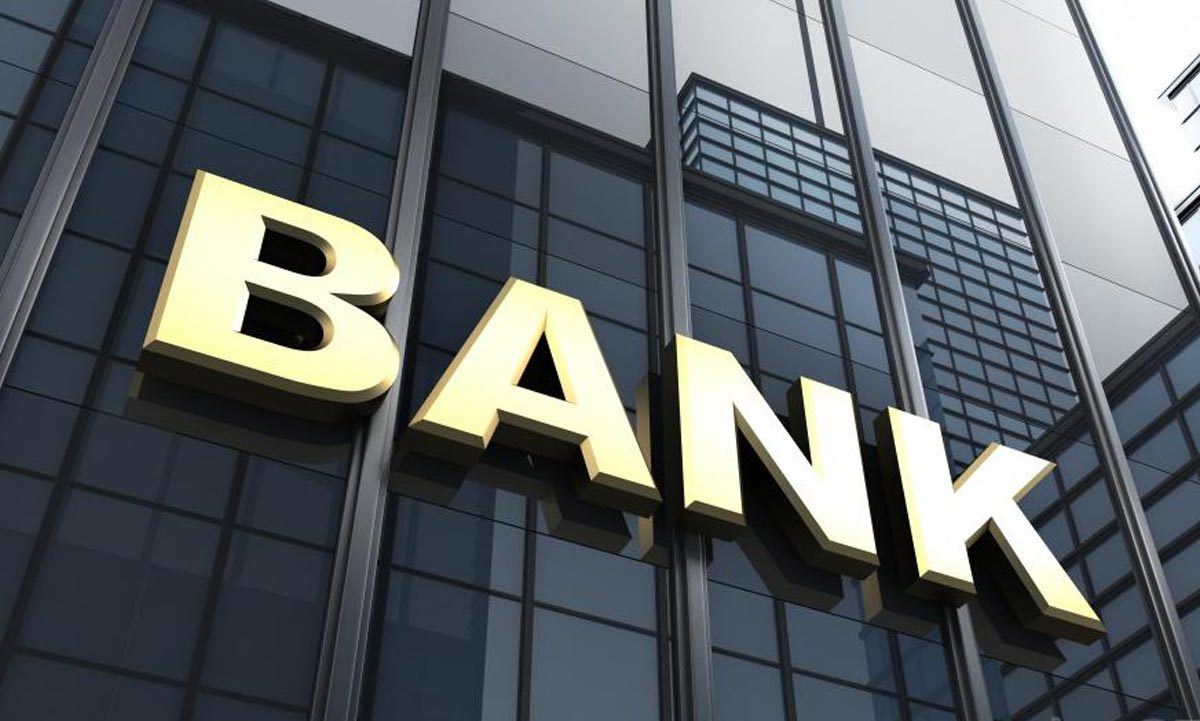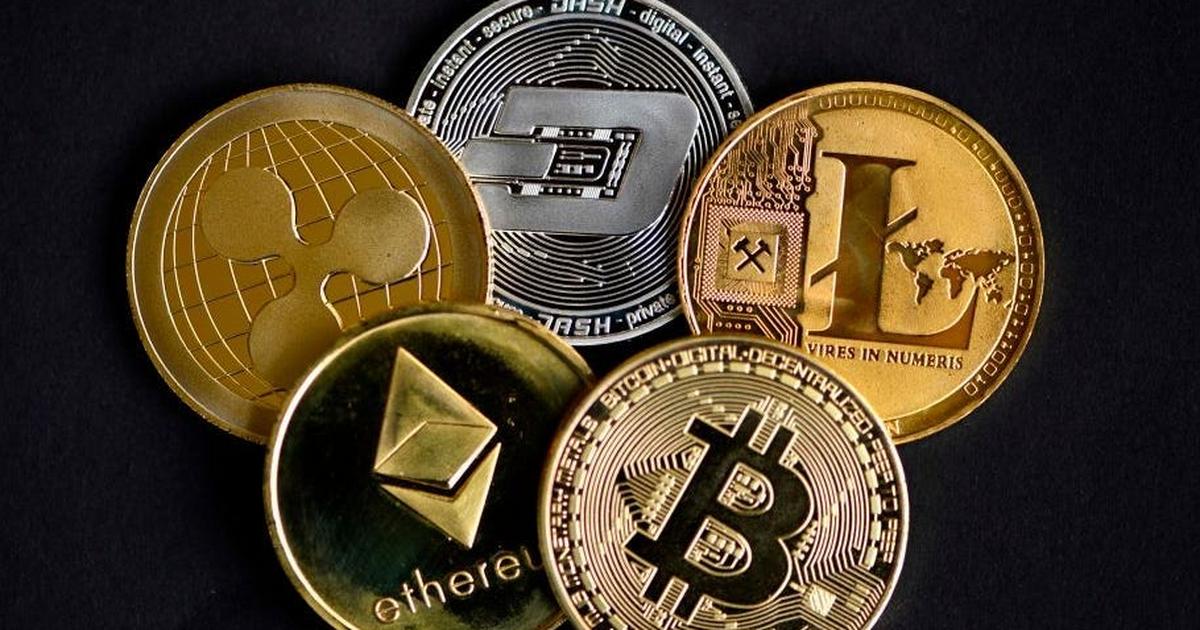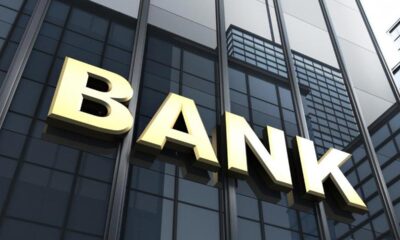Employment, or working for a living, can be a double-edged sword.
Sure, employment is a great way to achieve financial security and independence. It allows you to pay your bills, afford the things you need and want, and build a nest egg for the future. But let’s be honest, it also comes with challenges you might not expect when you’re first starting out.
Let’s explore these employment lessons below:
1. Startup costs can be a hurdle
You start a job to earn money, but you also need money upfront for things like professional work clothes, reliable transportation to get to and from work, and maybe even some basic office supplies. It can feel ironic that you invest your own money just to be able to make more money at your new job.
2. The Monday blues can hit hard
If you’re not passionate about your job and employment, Mondays can feel especially dreadful. It’s tough to be motivated and energised to tackle a long week of tasks you don’t enjoy, even if the work itself is relatively easy. This can affect your overall mood and productivity.
3. Making ends meet can be a constant juggling act
You work diligently every day, putting in your hours and effort. But depending on your employment salary, your paycheck might only come once a month.
This can make it challenging to budget effectively and ensure you have enough money to cover all your expenses throughout the entire month. It might require some creativity and financial planning to stretch your paycheck as far as possible.
4. Payday loans can become a trap
If you’re not careful with your money management and overspend throughout the month, you might find yourself broke before your next paycheck arrives. It can be tempting to resort to payday loans or credit cards to cover your essential expenses until payday.
However, these options often come with high interest rates and fees, which can trap you in a cycle of debt and make it even harder to manage your finances in the long run.
5. Your well-being is paramount
When you’re desperate for a job and trying to get your foot in the door, you might downplay the importance of work-life balance and readily agree to work under pressure on your resume. But a job that constantly stresses you out and takes a toll on your mental health might not be worth it in the long run.
There are some things money can’t buy, like peace of mind, good health, and strong relationships. It’s important to get employment that offers a healthy work-life balance and doesn’t come at the expense of your well-being.
6. The side hustle can be a lifesaver
When your income from your main job isn’t enough to cover your bills and your desired lifestyle, you might find yourself brainstorming ways to make more money on the side.
This could involve starting a freelance business, taking on a part-time gig, or exploring other avenues to supplement your income.
The extra income can help you achieve your financial goals faster, reduce financial stress, and give you more breathing room in your budget.
7. Health truly is wealth
One unexpected illness or injury can wipe out your savings quickly. Medical bills and medications can be very expensive, and even basic health insurance might not cover everything. This makes staying healthy even more important.
Taking preventative measures like eating healthy, getting regular exercise, and getting enough sleep can help you avoid costly health problems down the road.
8. Relaxation is key to avoiding burnout
If you don’t take breaks and prioritise relaxation, you might get sick, which can be a financial burden due to missed workdays and medical bills.
It’s important to schedule time for vacations, hobbies, and activities that help you de-stress and recharge. A well-rested and relaxed employee is a more productive and resilient employee in the long run.
9. Sometimes privacy is necessary
Depending on your social circle and financial situation, you might try to hide the fact that you have a job, especially if people around you constantly ask for money.
You might avoid them to escape the pressure to lend them money or give financial handouts. This can be a way to protect your financial security and avoid feeling taken advantage of.
10. Appreciation for your parents grows
Seeing how quickly money comes and goes can make you appreciate your parents more. You realise it wasn’t easy for them to provide for you when you were younger.
They likely had to make sacrifices and manage their finances carefully to make ends meet. This newfound understanding can bring you closer to your parents and give you greater respect for their hard work.
Even though having employment has its challenges, it doesn’t mean being unemployed is better. Life can be tough, but you can learn to develop strong financial habits, find a job that aligns with your values, and prioritise your well-being to navigate the complexities of working life.
For more articles like this, visit here.


